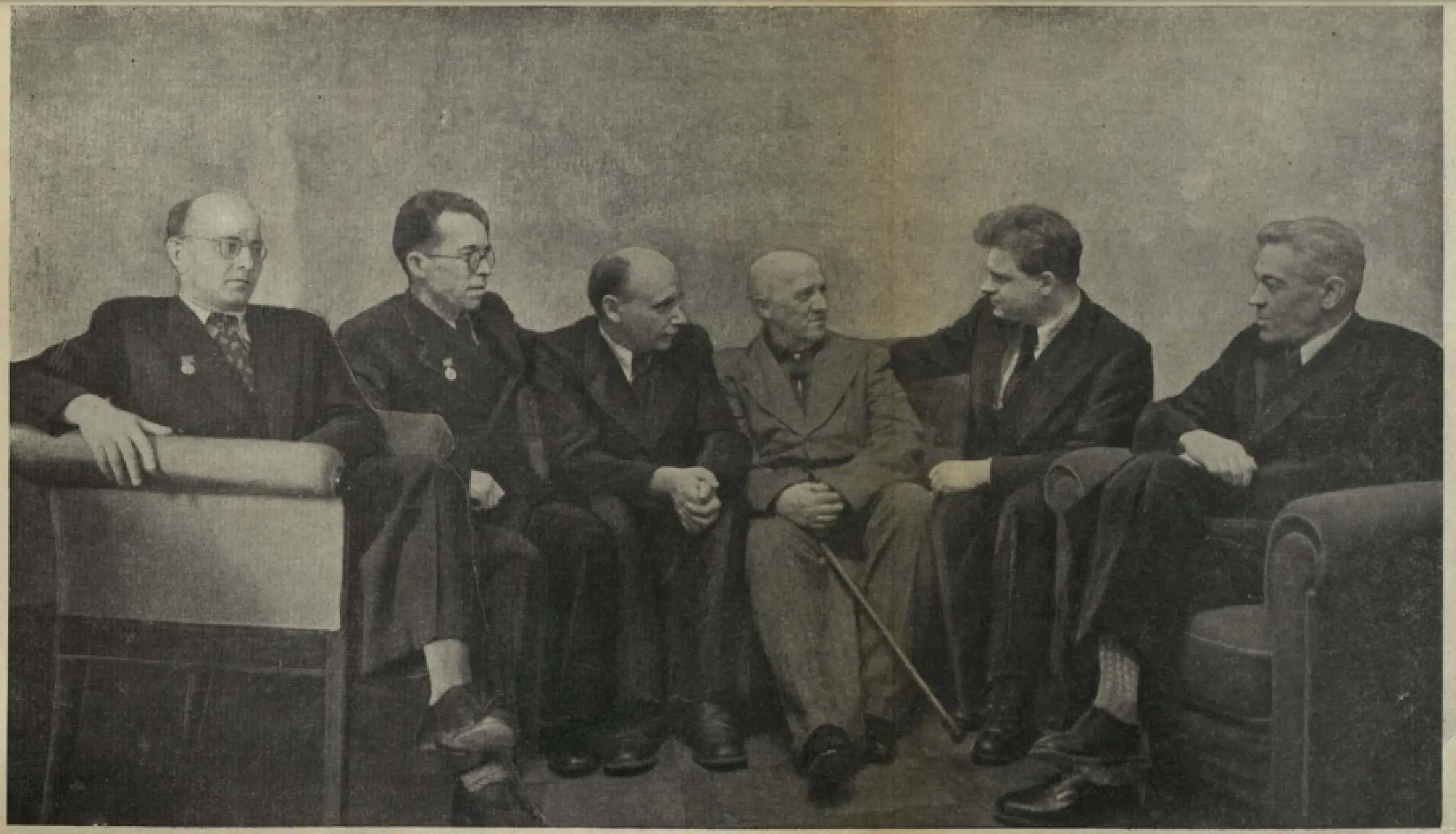
Revisiting My Conclusion on Soviet Music Historiography
In my PhD thesis, I conducted a content analysis of 13 books specializing in the history of Soviet music. For each book, I examined its responses to a set of key historical questions, including: Why were the ASM (Association for Contemporary Music) and RAPM (Russian Association of Proletarian Musicians) dissolved in 1932? Why did Prokofiev return to the USSR in 1936? Why was Shostakovich’s Lady Macbeth of Mtsensk censored, while Dzerzhinsky’s Quiet Flows the Don was praised? Why was the premiere of Shostakovich’s Fourth Symphony canceled? Why was Shostakovich’s Fifth Symphony acclaimed? Why did the debate over formalism end when World War II broke out in 1941? Why was Muradeli’s The Great Friendship censored? What were Zhdanov’s objectives in organizing the first Composers’ Congress? Why did Shostakovich agree to travel to New York in 1949 and deliver his speech? Why were the operas Heart and Soul (Zhukovsky) and Bogdan Khmelnitsky (Dankevich) first praised and then later banned1,2? What was the significance of the 1958 document On Rectifying Errors in the Evaluation of the Operas The Great Friendship, Bogdan Khmelnitsky, and From All One’s Heart? My original conclusion: soviet musicology = individualist I found that all these works shared a common assumption: that Soviet music was inherently conservative and lagged behind the historical development of Western European avant-garde music. ...